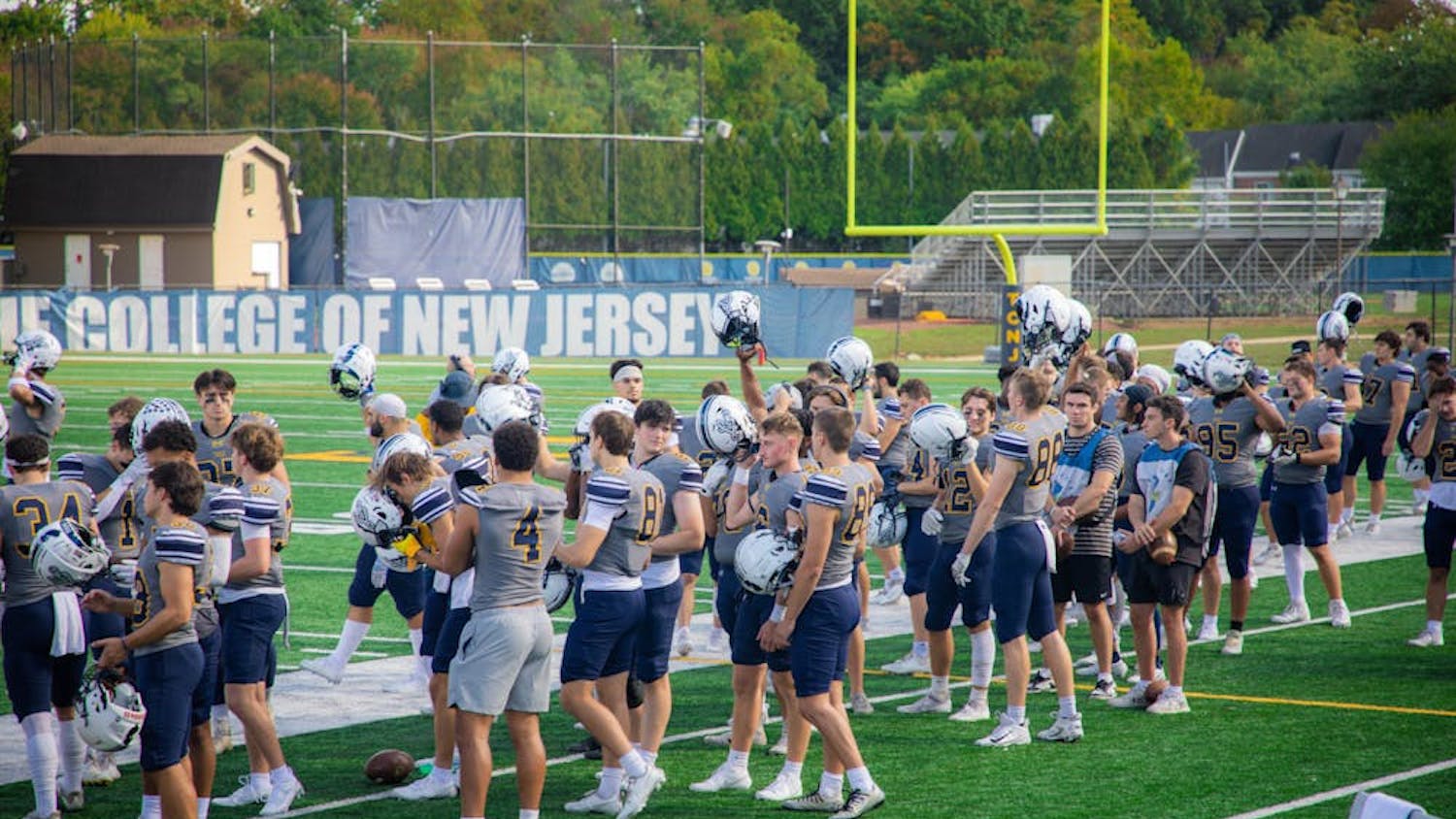By Rohan Ahluwalia
Staff Writer
In sports, you have your personalities. Some of them are controversial, while others are seen as just plain silly. Then you have those who have a burning passion for the game they play and would do anything to see it succeed. For soccer in Australia, that personality was a man named Johnny Warren. The former international soccer player, who was nicknamed “Captain Socceroo,” — a play on the national team’s nickname and children’s television show “Captain Kangaroo” — was the man that wanted more than anyone to see Australia do well in international soccer. His famous quote, “I told you so,” was something he wanted to say to officials when Australia qualified for a World Cup, and later became a slogan for Australian soccer.

Unfortunately for soccer fans in Australia, Warren never had a chance to say his quote to officials, as he passed away from cancer in November 2004, a year before Australia qualified for the 2006 FIFA World Cup. On that night on November 16, 2005, Australia defeated Uruguay in what was one of the most tantalizing penalty shootouts in World Cup qualification history.
Goalkeeper Mark Schwarzer saved two penalties that night while midfielder John Aloisi shot in the winning penalty kick to propel Australia to international success.
“All I remember is the kick, the screaming and the thought flashing through my head that I should mention the great one, Johnny Warren, and his line that “He told you so,” game commentator Craig Foster said. “Johnny Warren told you so, Australia” was the plan. I was so choked up, so delirious with ecstasy, all I yelled was ‘Johnny Warren.’”
Australia had always flirted with World Cup qualification. Playing in the relatively weak Oceania qualification group, the team always seemed to have had an easy road to the World Cup. However, once they got into the playoff round against a South American or Asian country — the final hurdle separating the Socceroos from being a part of the biggest spectacle in soccer — Australia seemed to fail.
None of the defeats in qualification hurt Australia more than the playoff match against Iran in 1997. Australia dominated the match against their Asian opponents and eventually found themselves up, 2-0. However, right after the second goal, an Australian citizen named Peter Hore ran onto the field and tore down one of the nets in the goal, causing the game to be delayed. Many pundits argue that this delay allowed Iran to regroup. Once play resumed, Iran managed to score two goals, both within four minutes of each other. Yet again, Australia was eliminated from a World Cup qualification campaign on away goals.
After a good performance during the 2006 World Cup, in which the team was knocked out by Italy, Australia has since managed to qualify for the following two World Cups with ease and doesn’t look to be stopping soon.
It has been 11 years since the death of Johnny Warren and 10 years since Australia qualified for their first World Cup since 1974. Since then, soccer has seen a steady rise in popularity in Australia. The sport has gone from being played by just the Greeks and in poorer, rustic areas of Australia to an accepted sport among the general population.
In 2004, the soccer federation in Australia launched a new professional soccer league, the A-League. Since then, the league has seen good fanbases come together for teams such as Melbourne Victory, Sydney FC and the Western Sydney Wanderers. In January 2006, in an effort to increase their competitiveness, Australia switched from the Oceania soccer confederation to the Asian soccer federation. In Asia, the Socceroos faced tougher countries while also popularizing soccer in Australia through facing better nations.
In 2014, the Western Sydney Wanderers defied all the pundits by becoming the first Australian soccer team to win the AFC Champions League. This win meant the Western Sydney Wanderers were crowned as the best club team in Asia. It also was a good advertisement for soccer in Australia, giving the fans a reason to root for their country’s teams.
In January 2015, Australia successfully hosted and won the AFC Asian Cup, the biggest tournament in Asian soccer. The team defeated South Korea, 2-1, in overtime in front of 75,000 people in Sydney.
The Asian Cup victory meant Australia became the best soccer nation in Asia. Flash forward 10 years from the night Australia qualified for the World Cup, the nation has gone from flirting with qualification to becoming one of the best soccer nations in Asia. They are now a step closer to Warren’s dream of seeing Australia become a worldwide soccer powerhouse.







